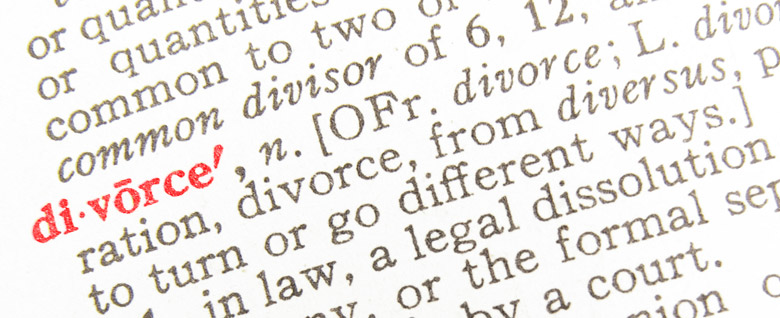Is there really such a thing as D-Day? It might seem like a silly question; but we’re not talking about the date marking the Normandy Landings, but rather ‘Divorce Day’.
It is often said that the first working day back after Christmas brings with it an increased number of divorce enquiries. With the modern trend of giving names to particular phenomenon throughout the year – ‘Black Friday’, ‘Mad Friday’, etcetera – the name ‘D-Day’ has worked its way into the headlines over the past few years.
Opinion is divided on the subject among us family lawyers. Many will say it is simply the invention of PR men and women, though others will attest to being greeted by an unusually high number of new enquiries when they return to their desks after Christmas.
The theory behind D-Day is quite simple. While for many, the opportunity to spend extended time with one’s family is a happy occasion, for couples whose relationship is already under strain, the combination of close proximity to their partner, the expectation that Christmas should be ‘perfect’ and the scrutiny of parents and extended family – not to mention an unusual abundance of alcohol – can create an environment under which a relationship fails.
The New Year is often seen as an opportunity to think about the future, aspirations and hopes. This can act as a further incentive to those contemplating a divorce to ‘bite the bullet’ and pursue a divorce following the festive period. However, this is not a decision taken lightly. Those who chose to divorce their partner are making a permanent change to their lives and relationships. It will have far reaching consequences and requite a great deal of thought.
So what next? Divorce is the final destination at the end of a long and difficult road and, as such, a plan is needed to make sure the separation is approached in the correct way. Taking time to properly prepare will greatly influence any prospects of success, the eventual outcome and the demands on time and emotions along the way.
One of the best pieces of advice we give our clients is to keep talking. Not to us particularly, but to each other. Anything that can reduce what is causing dispute will reduce timescales, emotional pressure and - just as importantly - any costs. Even if agreement cannot be reached on everything, being able to keep an open line of communication will inevitably reduce the areas of disagreement. In talking to each other – maintaining composure and respect is a must. There is always likely to be hurt feelings, but concentrating on the positives can help all parties to concentrate on the future.
Keeping a sense of proportion is key, not least when it comes to money. Weigh up the amount of money you may be spending on any battles over aspects of the divorce, as well as the emotional energy it takes to disagree. Being willing to compromise and concede something is almost always worth it if it means achieving something else that is more important.
Good legal advice is a must – even if it is just the one meeting. There is really sensible and good advice out there and getting the best information can help formulate a plan, provide goals and milestones. However, make sure to choose the solicitor carefully. Going by reputation is always a good starting point, but make sure they specialise in divorce work and have membership of the ‘Family Law Panel’ by the SRA and are members of Resolution.
If possible, look for representation on a ‘fixed fee’ basis. Fixed fees give certainty on costs and enable comparisons for the best deal. Initial meetings can be done for a set price. However, make sure there is clarity about what is included within the money being paid. If a price looks too good to be true, it probably is!
Also, think about what aspects can be done instead of asking the solicitor to do everything. They will work and provide support in whatever way is needed but if information is required then limit costs by obtaining it.
And finally – because it the New Year, after all – a piece of advice that can apply to anyone, whether considering a divorce, or not. Remember to stay focussed on the future. It is all too easy to become tied up in complexities, bogged down when things don’t quite go to plan and worried over what has happened in the past.
So, perhaps ‘Divorce Day’ does exist, but in a different sense to that being widely promoted. D-Day - or should it be Decision Day? - should stand for and symbolise the many good and sensible decisions that have to be made which will have a direct impact upon the future – whether it be personal, emotional or financial.



Comments